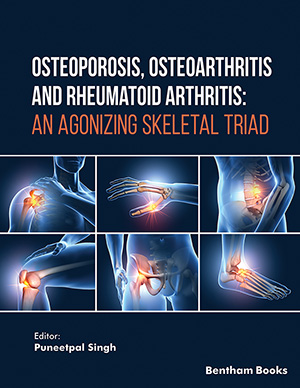
Abstract
Interleukin-6 (IL-6), originally identified as a B cell differentiation factor, is a typical cytokine featuring redundancy and pleiotropic activity. IL-6 provides a warning signal and participates in host defense against acute environmental stress such as infections and injuries by inducing immune responses, hematopoiesis and acute-phase reactions. However, its abnormal persistent production plays an important pathological role in the development of various immune-mediated diseases through its pleiotropic activity, in particular induction of an imbalance of CD4 positive effector subsets (Th17 >> regulatory T cells), and autoantibody production. IL-6 blockade was thus expected to constitute a novel strategy for the treatment of diseases and to this purpose tocilizumab (TCZ), a humanized anti-IL-6 receptor monoclonal antibody, was developed. World-wide clinical trials have proved the efficacy and tolerable safety of TCZ for patients with moderate-tosevere rheumatoid arthritis and it is now used as an innovative biologic for rheumatoid arthritis in more than 90 countries. Moreover, findings of recent pathological analyses of other immune-mediated diseases as well as favorable results of pilot or case studies with off-label use of TCZ strongly imply that IL-6 blockade strategy will be broadly applicable for the treatment of various systemic autoimmune diseases including systemic lupus erythematosus, systemic sclerosis, polymyositis and large-vessel vasculitis, as well as of chronic inflammatory diseases such as polymyalgia rheumatica and Bechet’s disease.
Keywords: Interleukin-6, anti-interleukin-6 receptor antibody, tocilizumab, autoimmunity, inflammation, biologics.









